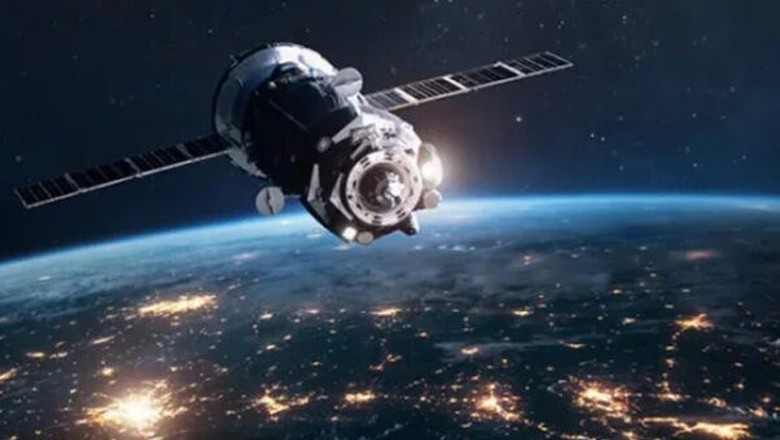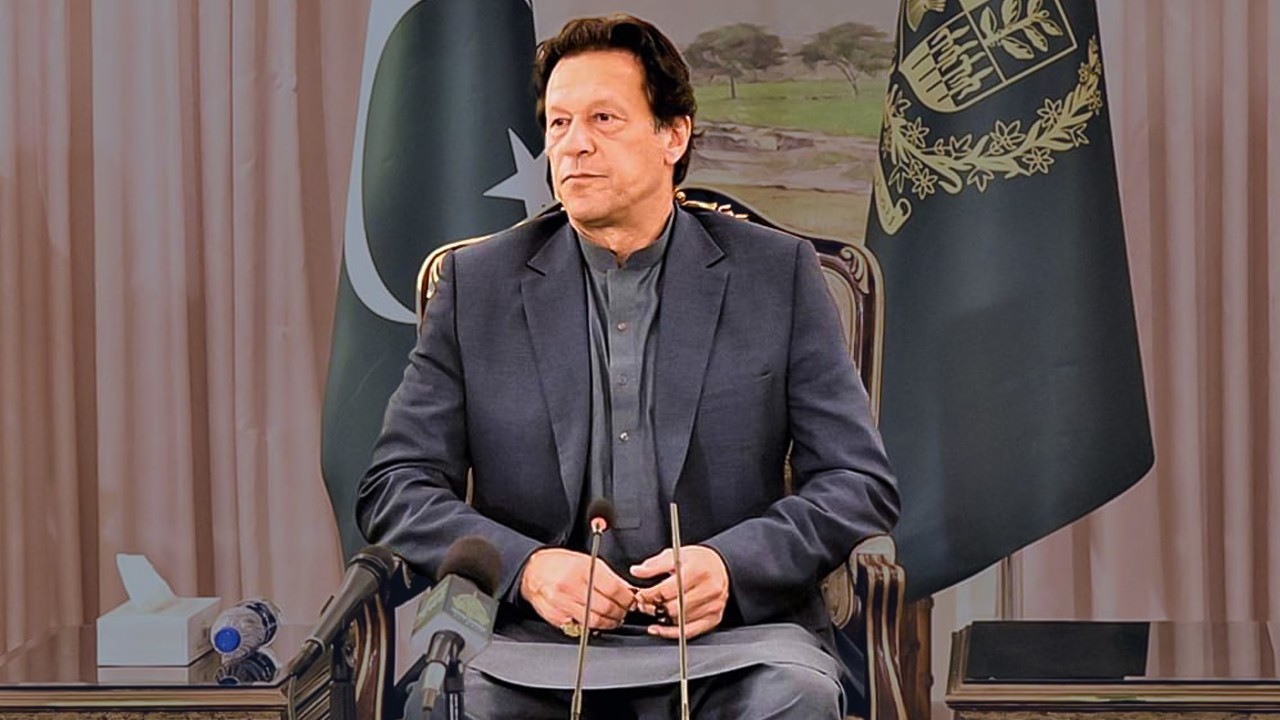Pakistan's indigenous EO-1 satellite to be launched tomorrow

Web Desk
|
16 Jan 2025
Pakistan is all set to add a new feather to its space exploration cap with the launch of the EO-1 satellite tomorrow (Friday), in yet another major step forward for the country's space programme.
The landmark lift-off will take place at the Jiuquan Satellite Launch Centre (JSLC) in China, which is a testament to its steadily growing space technology expertise.
Designed and developed entirely by the Pakistan Space and Upper Atmosphere Research Commission (SUPARCO), the earth observation (EO) satellite is fitted with cutting-edge imaging technology.
According to a statement issued by Suparco, it is expected to provide substantial benefits across various sectors, including agriculture, environmental monitoring, urban planning, and disaster management.
This achievement aligns with Pakistan's National Space Policy and reinforces its commitment to harnessing advanced technologies for national progress.
"This is a historic milestone for Pakistan," said Zain Bukhari, an expert at Suparco.
"EO-1 is equipped with a high-resolution camera that will capture detailed images of Earth, offering multiple applications.
It is the first satellite fully designed and manufactured locally by the national space agency's engineers, demonstrating the nation's capability to achieve self-reliance in space technology.
"The satellite has undergone rigorous testing to ensure its operational readiness, and Friday's launch is expected to be a proud moment for the entire nation," he said.
The satellite, which observed the lunar surface and captured real-time images, not only showcased local talent but also encouraged the younger generation to pursue careers in space science.
As an agrarian country, Pakistan stands to benefit significantly from the EO-1 satellite.
According to Zain Bukhari, the satellite's capabilities will revolutionise agricultural practices by providing data on crop suitability, water requirements, and efficient resource use.
This will help educate farmers and minimise resource wastage. In addition to its agricultural applications, EO-1 will play a critical role in disaster management.
"During floods and earthquakes, it is often impossible to assess damages immediately.
"Satellites like EO-1 can provide crucial data in real-time, enabling authorities to make informed decisions about relief and rescue operations," he explained.
He also emphasised the satellite's importance in addressing climate change.
With advanced technology to monitor deforestation, glacier melting, and other environmental changes, EO-1 will provide valuable insights to tackle global warming and drive sustainable development.












Comments
0 comment